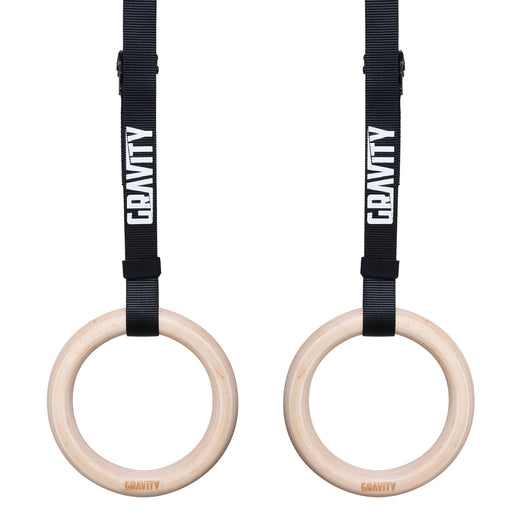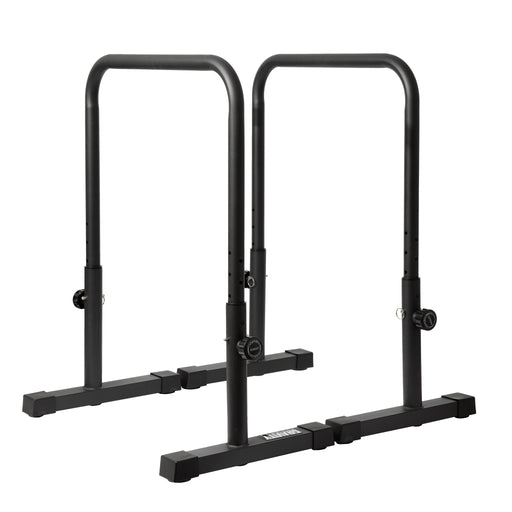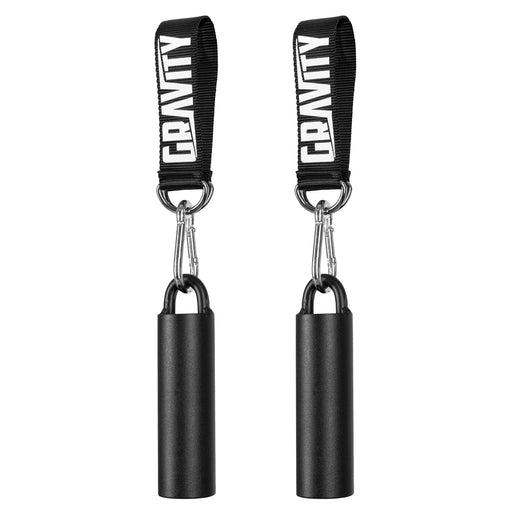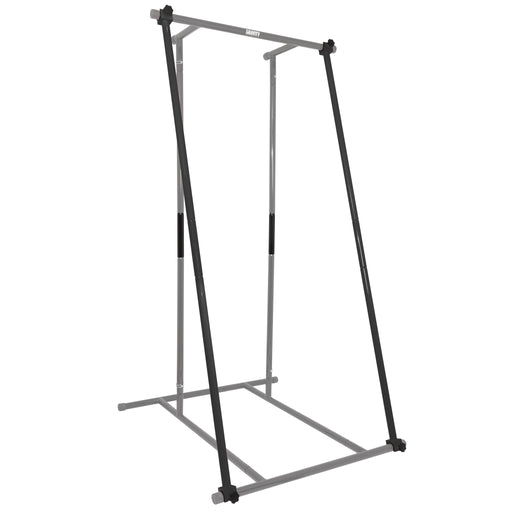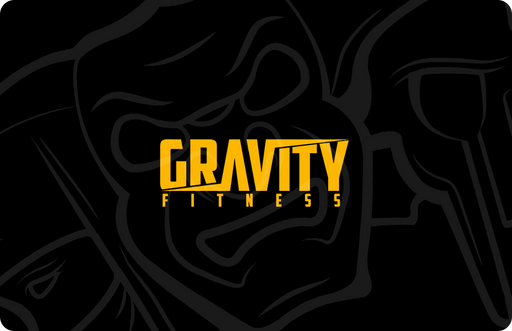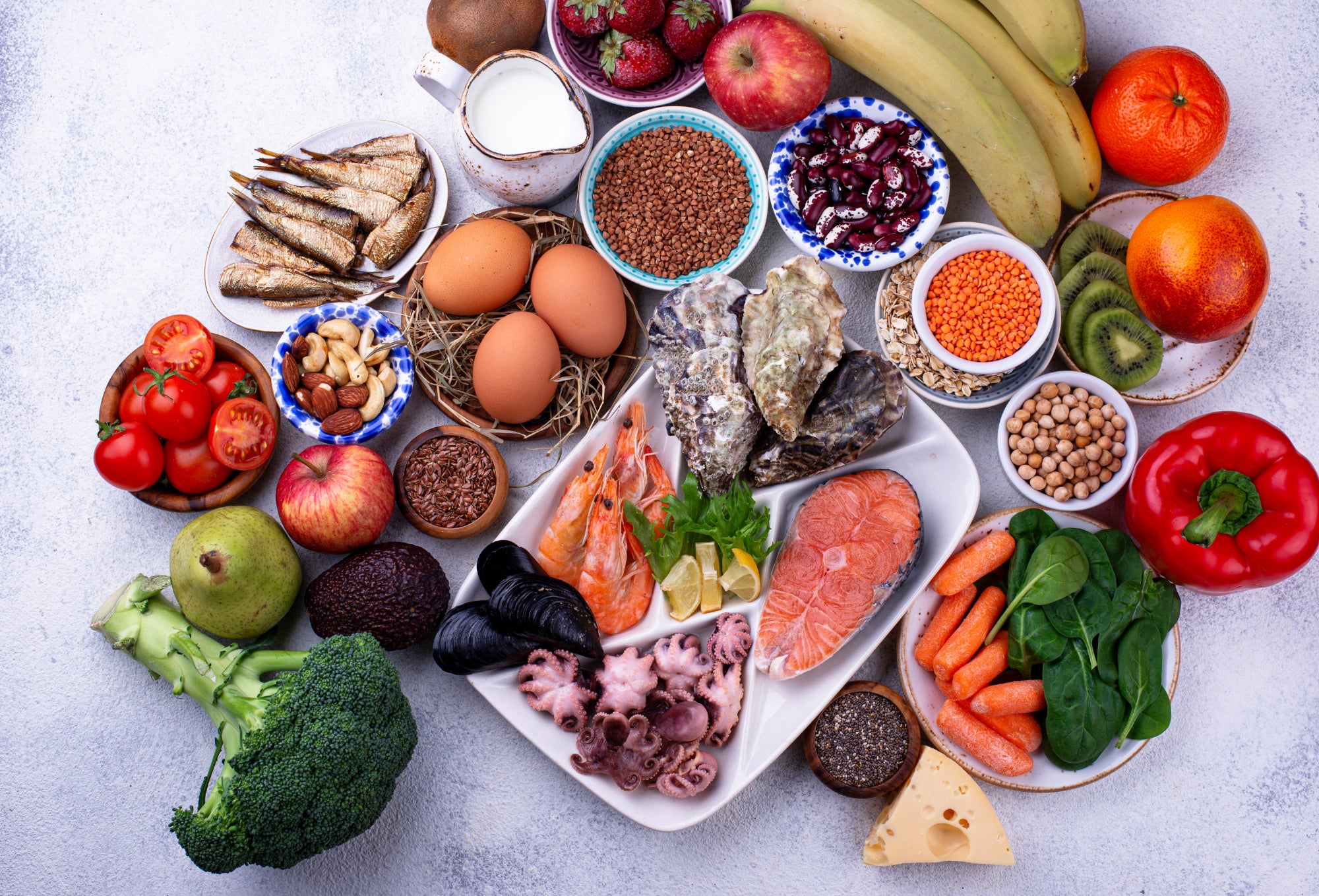
7 diet rules for a fit and healthy life
7 diet rules for a fit and healthy life
Forget fads, here are the nutrition fundamentals that never stop trending.
When did healthy eating become such a minefield? It seems that whatever your goal, the question of nutrition is riddled with confusion and conflicting advice.
The fact is, eating well shouldn’t be confusing at all. The only time it should be remotely challenging is if you have a medical issue that dictates what you can and cannot eat. For those of you in general good health, with no medical considerations, healthy eating should be stress-free.
Perhaps the confusion started in the 80s when brand-name diets emerged? Or when food became so commercialised? Who knows. What we do know is that the basics of healthy eating haven’t changed.
What is “healthy eating”?
Can you lose weight without dieting?
The 7 pillars of eating for health and fitness
Calories aka energy
Calories aren’t just about losing or gaining weight, they’re also important for giving you energy and keeping you well. Ultimately, a calorie is just a unit of energy. So it’s important that you eat the correct number of calories for your height, weight, and energy output. Constantly trying to undereat means you are not giving your body enough energy.
Protein
Of the three macronutrients in food (protein, carbohydrates, and fats) the most important for health is protein. Protein is in the building blocks of metabolism, muscle, connective tissue, and even bones. And the body can’t store protein for later like it can carbohydrates and fats. You need to eat sufficient protein every day – ideally spread across all your meals and snacks – to feel full, satisfied, and to maintain a healthy and strong body.
Fibre
Dietary fibre is important for digestive health, and it’s also a good sign that you are eating enough natural wholefoods. And if your diet has plenty of those, you are more likely to maintain a healthy weight. You’ll get fibre from fruits, vegetables, root vegetables, salads, berries, beans, pulses, and wholegrains. It’s no coincidence that these foods are also the ones packed with micronutrients. It’s almost as if nature knows what it’s doing…
Limit processed food
There’s nothing wrong with eating some processed foods, fast food, or even junk food if you want to label it as such. But common sense tells us that these foods aren’t as nutritious as natural wholefoods, and they carry a lot more calories per bite. Aim for a balanced 80/20 approach, so you keep a little of what you fancy in your diet and don’t feel deprived.
Sugar is fast energy
Many people would argue that a healthy diet means cutting out sugar. We don’t agree (after all, there’s sugar in fruit). But it is sensible to understand that sugar has its place. Sugar is pure energy, and most people find it very moreish. Aim to enjoy sugary foods when you’re most active, and have the self-awareness to manage your sugar intake if you know it kicks off cravings.
Hunger and satiety
Here’s something that’s not discussed enough about healthy eating - being in tune with your body. Get to know how your body communicates hunger, tiredness, and satiety. Understand your triggers for cravings. Know how it feels to be pleasantly full. Listening to your body’s signals is a skill that will help immensely in your quest to eat well for health and weight management.
No extremes
A truly healthy diet won’t have restrictions or demand that you go to extremes. By all means limit your sugar intake if you know you find it hard to stop. Cut out animal products if you have strong ethical reasons for doing so. But don’t impose arbitrary food rules that are likely to backfire in the short term (with cravings and binges) or long term (with health implications). The best way to eat is balanced, sustainable, and enjoyable.
Check out the Gravity Fitness website for quality functional fitness equipment and unconventional training tools for home workouts, your home gym, or gym training.













